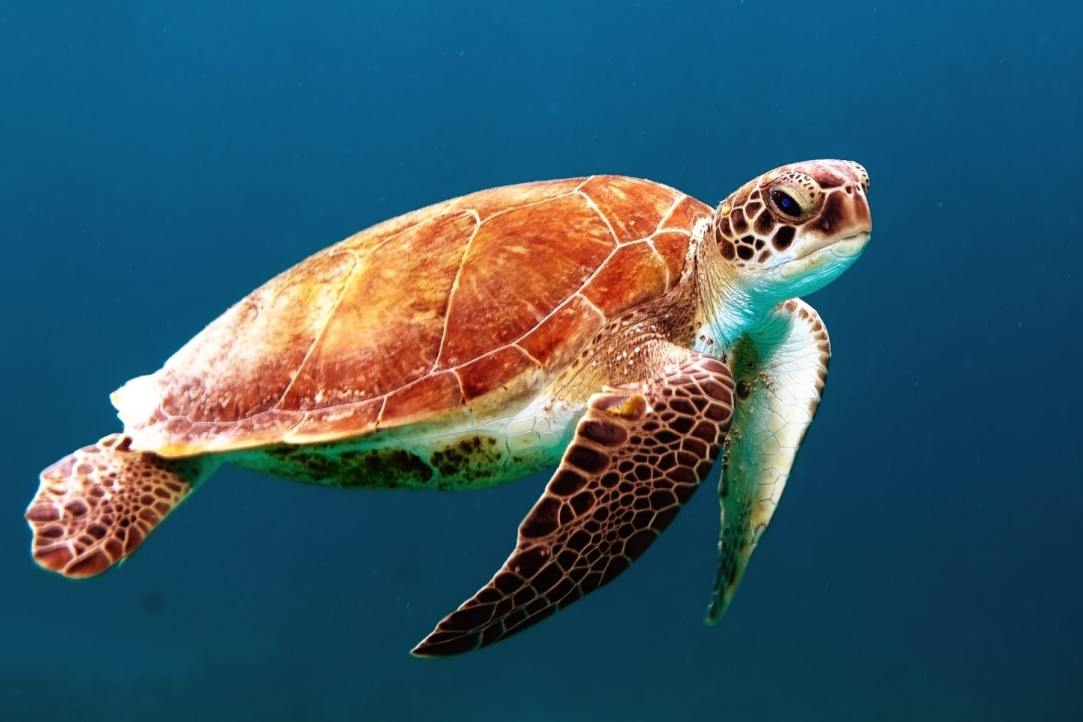- A
- A
- A
- ABC
- ABC
- ABC
- А
- А
- А
- А
- А
- HSE University
- Faculty of Law
- School of International Law
- News
- Not Just Sea Turtles, Let’s Protect Women Too // Daria Boklan's article was published in the European Journal of International Law
-
School
- About the School
- Research
- Academics
- "HSE University Journal of International Law"
-
Research and Study Laboratories and Groups
-
Research and Study Laboratories
-
Research and Study Groups
-
- Research and Methodology Units
- HSE Research Seminar on International Law
- Ph.D. Seminar
- Undergraduate track ‘International Law’
-
Projects
-
Status: active
- Applied project «Philip C. Jessup international law moot court competition training 2023-2024»
- Applied project 2024-2025 “Preparation for the Willem C. Vis Moot Competition, season 2024-2025”
- Fundamental Research Project "Legal Mechanisms for Overcoming Inequality"
- Participation of Young Lawyers as Clerks of the International Commercial Arbitration Court at the Chamber of Commerce and Industry of the Russian Federation
- Research project: International Competition ‘Dispute Resolution in the EAEU–2024’: Preparation and Participation of the Faculty of Law's Team
-
Status: completed
-
- Staff Members
-
Educational programs
- Bachelor's Programmes
- Master's Programmes
- Doctoral School of Law
Moscow, 3 Bolshoy Trekhsvyatitelsky Pereulok, rooms 227, 228b

E-mail: svetlana.smirnova@hse.ru
Located at a crossroads of global, regional, and national interests, contemporary international law affects almost all spheres of society. The School of International Law keeps pace with significant international events and legal adjudication in order to provide hands-on education that prepares future lawyers and legal scholars for the demands of the current legal landscape. The School is at once a ‘think tank’ that provides expert analysis and a producer of top legal experts and lawyers in international law.
Olga Starshinova, Elena Murashko.
Chinese Journal of International Law. 2025. Vol. 24. No. 3.
Giri A. K., Uldanov A., Parkhomenko S. et al.
In bk.: Russian Social Thought in the 19th Century. India: Routledge India, 2025. P. 1-8.
 MANDATORY CORPORATE HUMAN RIGHTS DUE DILIGENCE MODELS: SHOOTING BLANKS?
MANDATORY CORPORATE HUMAN RIGHTS DUE DILIGENCE MODELS: SHOOTING BLANKS?
Rusinova V., Sergei K.
Law. LAW. Высшая школа экономики, 2021

Not Just Sea Turtles, Let’s Protect Women Too // Daria Boklan's article was published in the European Journal of International Law

.jpeg)
The article analyzes the issue that at the moment the exceptions that States include in almost all their international trade agreements allow countries to protect public morals, health and life of people, animals or plants and preserve exhaustible natural resources uch as sea turtles or dolphins? However, what prevents States from allowing restrictive measures in trade aimed at protecting the economic interests of women as well? The authors argue in favor of including such an exception on the basis of an objective assessment of whether a respondent could seek protection under the existing public morality exception to justify a measure that is taken to protect women’s economic interests.
Amrita Bahri, Associate Professor of Law in the Instituto Tecnológico Autónomo de México (Mexico) was also working on the article together with Daria Boklan.
We congratulate Daria Boklan on the publication and recommend everyone to read the article on the Journal’s website!
- About
- About
- Key Figures & Facts
- Sustainability at HSE University
- Faculties & Departments
- International Partnerships
- Faculty & Staff
- HSE Buildings
- HSE University for Persons with Disabilities
- Public Enquiries
- Studies
- Admissions
- Programme Catalogue
- Undergraduate
- Graduate
- Exchange Programmes
- Summer Schools
- Semester in Moscow
- Business Internship
- © HSE University 1993–2026 Contacts Copyright Privacy Policy Site Map
- Edit

